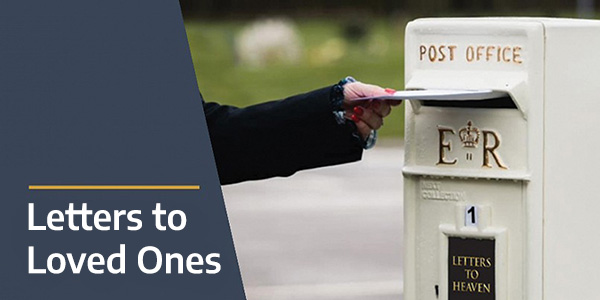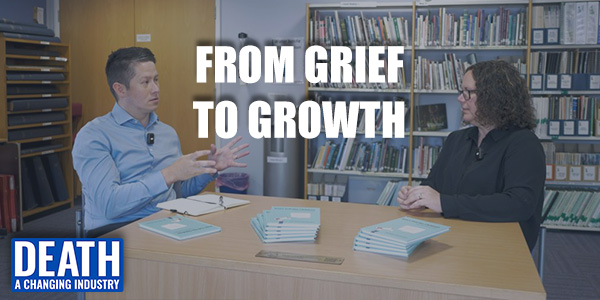At Charing Crematorium, we recognise that losing a loved one is a profoundly difficult experience. We are here not only to provide professional services but also to support you through your journey of grief. Below, you'll find resources and information tailored to help you during this challenging time.
If you’re in need of immediate support, please reach out to the following:
If you're struggling or would just like someone to talk to, below are a few helplines that do great work and provide a shoulder to lean on for anyone who needs support:
(Click on logo for link)
Cruse Bereavement
Free helpline alongside face-to-face, telephone, and online support groups across the UK.
Winston’s Wish
Expert advice, information and bereavement support for grieving children, young people and adults supporting them.
Age UK
Free, confidential national telephone service for older people, as well as their families, friends, carers and professionals.
Child Bereavement UK
Provides counselling, support groups and information for bereaved children, young people and parents.
Andy’s Man Club A charity that helps men who are suffering with mental health issues or life challenged. Offer free talking groups every Monday evening across the UK.
The Compassionate Friends UK A charitable organisation offering support groups specifically for bereaved parents, siblings, and grandparents. More details can be found here.



"Grief is a journey, and you don’t have to walk it alone. We’re here to support you every step of the way."
If you know someone who is grieving, here are thoughtful ways to offer support:
Grief has no set timeline. It can last weeks, months, or even years, and may come and go in waves. Each person's experience is unique, so it’s important to allow yourself the time you need to process the loss.
Self-care is important during grief. Give yourself permission to grieve in your own way and seek support from friends, family, or professional counsellors. Engaging in activities that bring comfort, such as writing, exercising, or spending time in nature, can also help.
Yes, it's common to feel a wide range of emotions, including anger, guilt, or even relief. These feelings are all part of the complex experience of grief, and it's important to acknowledge and work through them.
If your grief feels overwhelming, lasts for an extended period, or interferes with your ability to function in daily life, seeking help from a counsellor or therapist might be beneficial.
Yes, grief can lead to physical symptoms such as fatigue, sleep problems, headaches, and changes in appetite. Taking care of your physical health by eating well, exercising, and resting is essential during this time.
It’s important to use clear, simple language when talking to children about death. Encourage them to ask questions and express their feelings. Be honest, and provide reassurance, as children may not fully understand the concept of death but will still experience grief in their own way.
Access to professional counselling can be a vital step towards healing. Consider the following options:
(Click on logo for link)
NHS Talking Therapies Find NHS talking therapies (IAPT) near you. This service provides free, confidential counselling and therapy for those dealing with anxiety, depression, and grief.